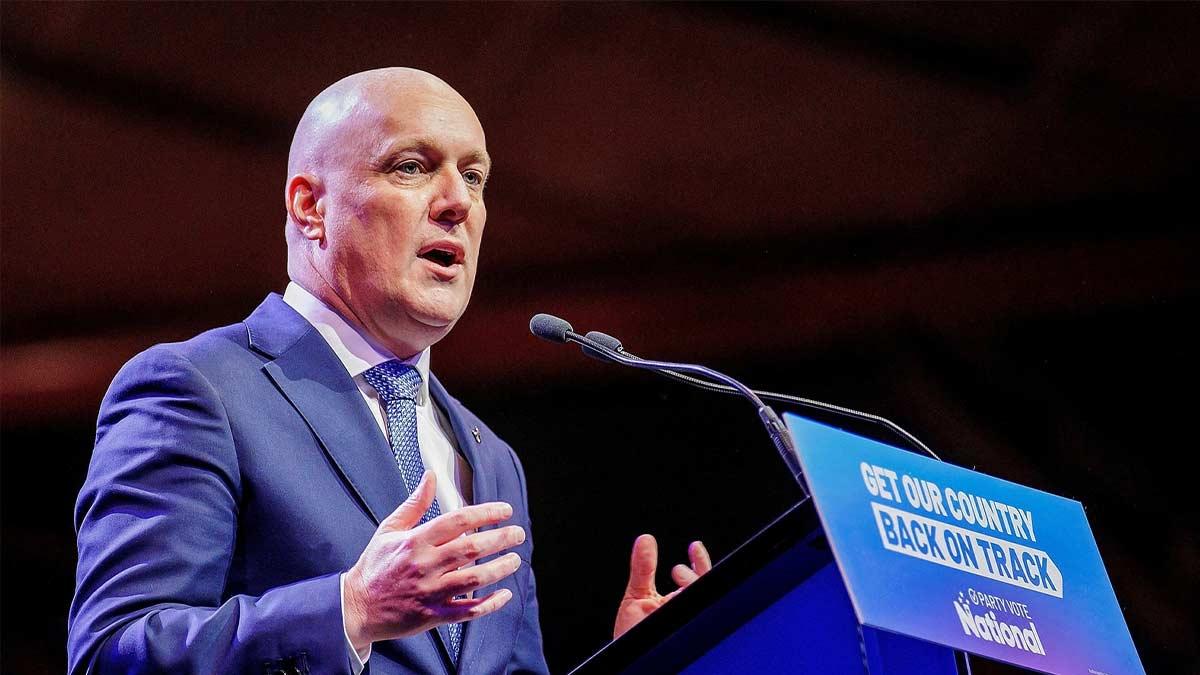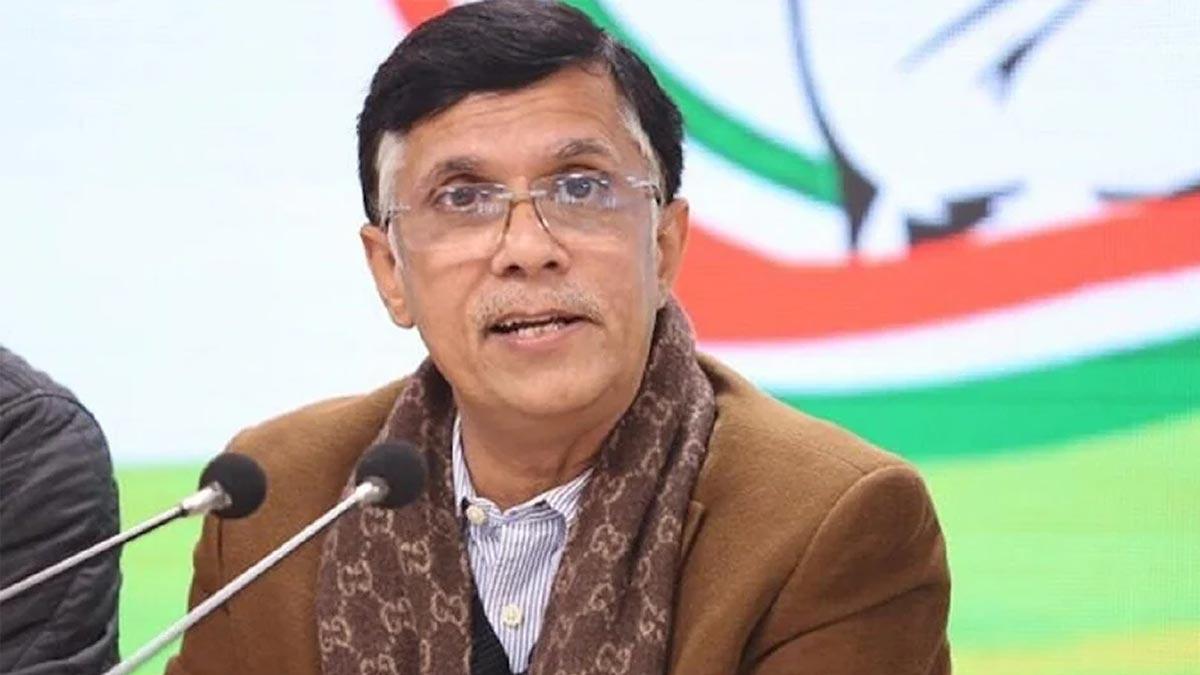New Zealand Prime Minister Christopher Luxon has said that India and New Zealand need to cooperate on the consolidation of security in the Indo-Pacific region, with both nations "bookending" this vital geopolitical region. Talking to The Hindu, Luxon discussed concerns raised by India about pro-Khalistan diaspora elements in New Zealand.
He explained that New Zealand, as a "liberal democracy," does not wish to bring political tensions into its immigrant society. He said that although the nation is growing increasingly multicultural, it does not condone illegal acts or hate speech exalting terrorism.
Luxon discussed concerns raised by India about pro-Khalistan diaspora elements in New Zealand. He explained that New Zealand, as a "liberal democracy," does not wish to bring political tensions into its immigrant society. He said that although the nation is growing increasingly multicultural, it does not condone illegal acts or hate speech exalting terrorism.
Luxon said his government does not perceive "great fault lines" in the Indian community in New Zealand and assured that New Zealand's commitment to free speech is balanced by its legal system, which ensures that such speech remains legal. His remarks came after Prime Minister Narendra Modi's statement asking New Zealand to crack down on pro-Khalistan activities, which India views as a threat to its sovereignty. Luxon further added that his nation's police force rigorously implements the laws, such as ensuring that protests are lawful.
During the Raisina Dialogue in New Delhi, Modi and Luxon exchanged views on common concerns regarding terrorism, separatist activities, and extremism and agreed to work together on combating these issues. Modi underscored the necessity of taking tough action against terrorist culprits, citing the necessity of cooperation between the two nations.
Luxon also addressed the matter of a referendum held by the separatist organization Sikhs for Justice in Auckland, confirming that New Zealand is a place that respects free speech and would permit such an activity as long as it obeys the law. The organization's leader, Gurpatwant Singh Pannun, is prohibited in India under the Unlawful Activities Prevention Act.
In reference to foreign interference, specifically with tensions between Canada and India over the 2023 killing of Sikh separatist Hardeep Singh Nijjar, Luxon reasserted that New Zealand has "no tolerance for foreign interference." He underscored that New Zealand is a sovereign state that respects the sovereignty of others and enforces its own laws. This comes amid diplomatic strains between India and Canada, with Canada accusing India of being involved in Nijjar's murder and of influencing the Canadian political landscape.
In conclusion, Luxon's comments demonstrate New Zealand's position on balancing free speech and security while reinforcing its stance against foreign interference. Both countries' discussion shows how they have common interests in counter-terrorism and separatism, and both countries are devoted to working together in the Indo-Pacific region on these matters.
Read also| Police Dismantle Barricades at Punjab-Haryana Border After Evicting Farmers
Read also| Muskaan poisoned husband's food, then she and lover cut him in 15 pieces


















